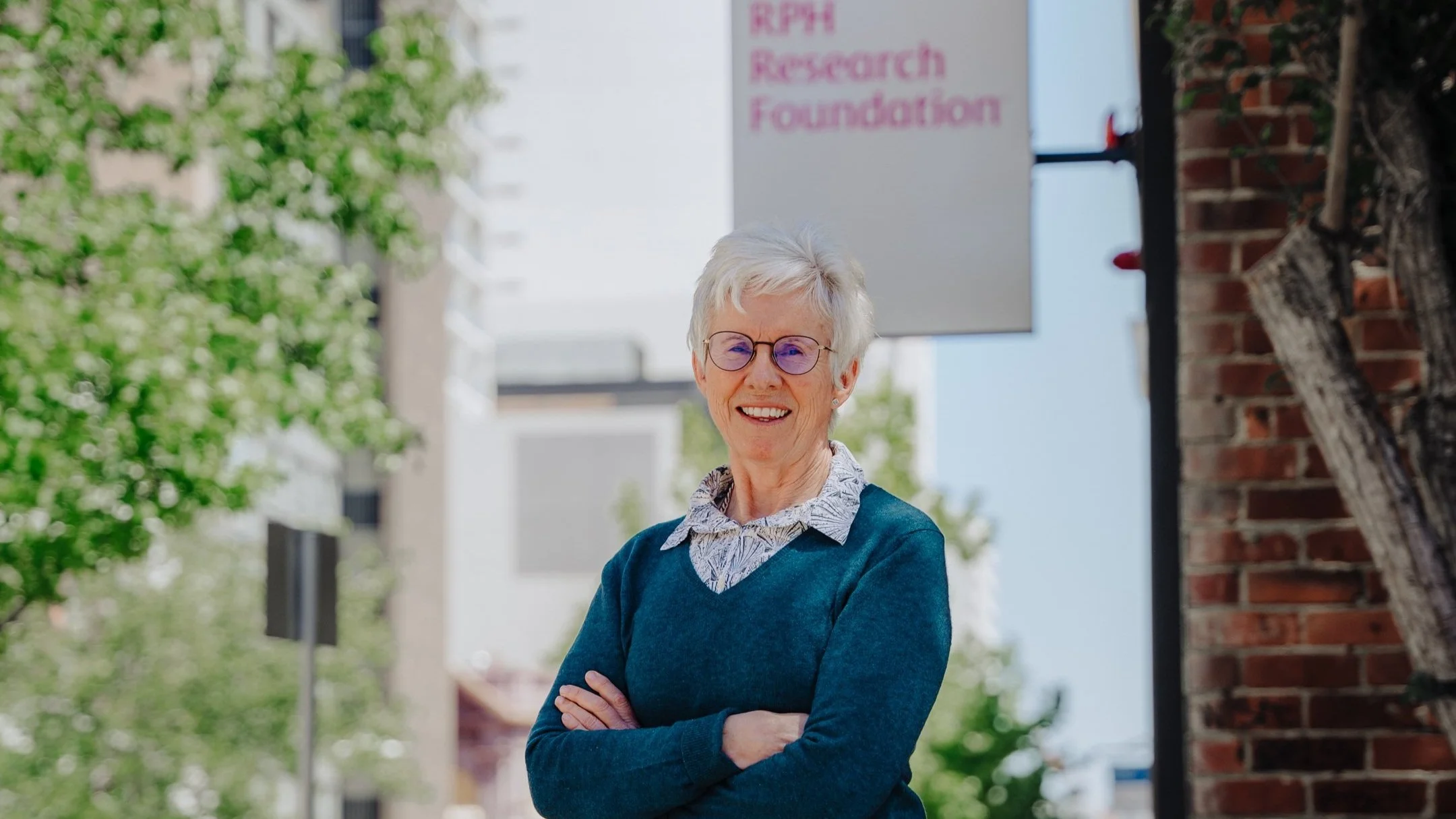Importance of Support for Caregivers of Older Adults After Hospital Discharge
A new study has found that although support given by nurses over the phone to caregivers of older adults reduced their stress levels, it did not improve their health-related quality of life.
The research highlights the complexity of supporting informal caregivers, who often experience high levels of stress and face health challenges themselves.
RPH Research Foundation’s Fellow, Professor Anne-Marie Hill, from UWA’s School of Allied Health and Western Australian Centre for Health and Ageing was the lead author of this study which was recently published in JAMA Network.
The study investigated the Further Enabling Care at Home (FECH+) program, which provides structured nurse support through six telephone calls over six months following a patient’s hospital discharge. Caregivers who received the FECH+ intervention demonstrated improved preparedness, self-efficacy, and reduced distress, though there was no significant difference in their overall health-related quality of life compared to caregivers receiving standard care.
Professor Hill and her team emphasise that while the telephone support intervention helped caregivers feel more prepared and capable, further research is essential to explore additional methods that could address the persistent health-related quality-of-life challenges faced by informal caregivers.
Click below to read Professor Hill’s recent publication.

